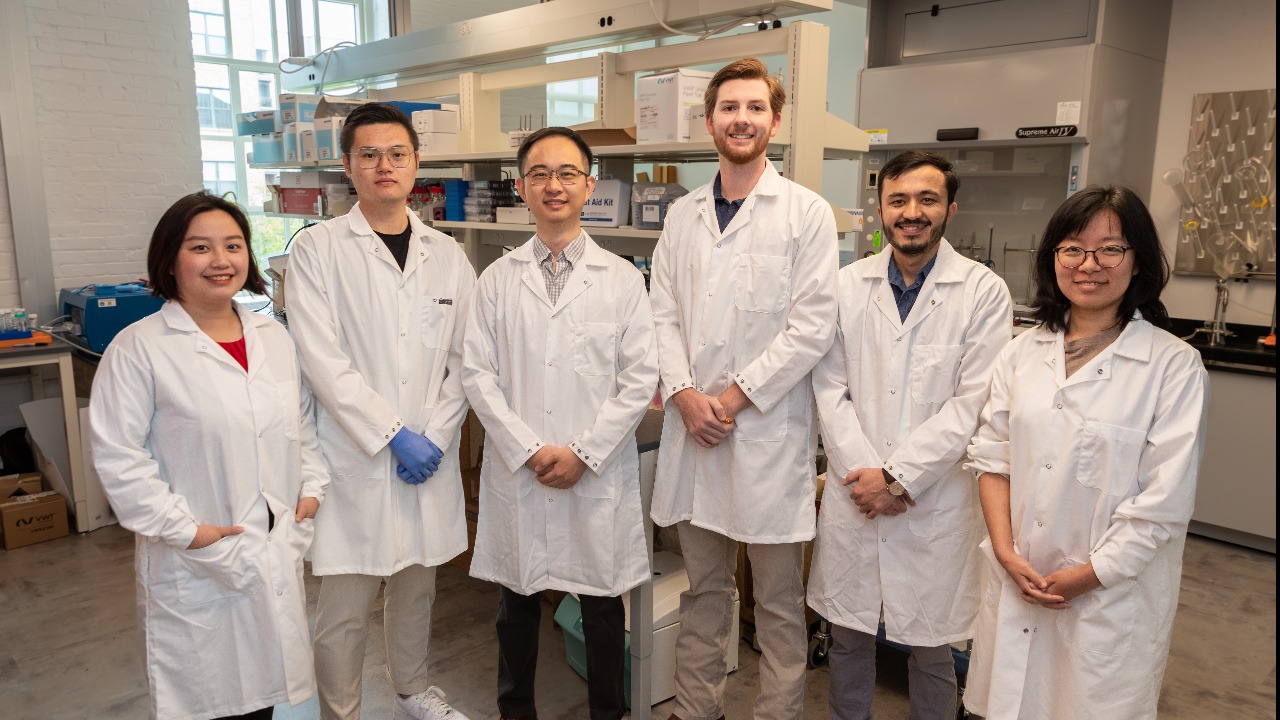DOE, NAWI tap Auburn team for $1.5M advance reverse osmosis brine management project
The Department of Energy (DOE) and National Alliance for Water Innovation (NAWI) recently tapped Auburn University to spearhead a $1.5 million investigation into the reuse of wastewater and brackish water as a possible means of meeting mounting freshwater demands in inland cities.
Titled “Development of a Flow-through Intensified ELectroDialysis (FIELD) system to manage inland reverse osmosis concentrate,” the project is led by Shiqiang (Nick) Zou, an assistant professor in the Department of Civil and Environmental Engineering.
Commonly referred to as inland desalination, the water reuse process in question relies on reverse osmosis (RO) and generates a highly concentrated RO brine — which would be fine were it not for the hazardous metals, pesticides and polyfluoroalkyl substances the brine contains.
“Unfortunately, no cost-effective treatment systems exist to eliminate these contaminants, leaving deep well injection the only option for inland RO brine,” Zou said. “This project will tackle the above critical problem to promote RO-based inland desalination and a circular water economy. Specifically, we will develop a FIELD system to eliminate contaminants from inland RO brine, produce a clean brine safe for environmental disposal, and harvest freshwater and other valuable resources for beneficial reuse.”
Zou calls RO brine management the “Achilles’ heel” of inland desalination.
“Existing brine management practice is not able to achieve simultaneous water recovery, salt removal, organics degradation and metal separation,” he said. “To tackle this critical challenge, our research project will explore a suite of electricity-powered processes, including electrooxidation, electroplating and electrodialysis, to develop the FIELD system for resource-efficient brine management.”
Zou believes his team, which includes collaborators from Rice University, Lawrence Berkeley National Lab, Electric Power Research Institute and The Water Tower in Georgia, can improve the energy efficiency of inland desalination, drive decarbonization of water and wastewater sectors, and provide the U.S. with climate-resilient, cost-effective water supplies.
“This is our second DOE and NAWI project but first as the lead organization,” Zou said. “We’re excited that our track record has been recognized by the DOE and NAWI over the past two years. Our research program shares a similar vision with NAWI to develop automated, precise, robust, intensified, modular and electrified (A-PRIME) water treatment technologies. With this award, we can bring together theoretical material scientists, electrochemical scientists and engineers, environmental engineers, energy research organizations and at-stake inland municipalities to advance resilient water management and a circular water economy.”

Shiqiang (Nick) Zou, third from left, poses with his research team. From left to right: Zilan Yang, Jiaxiang (Jason) Zhao, Brandon Alderman, Najibullah Zulfeqar and Ao Xie.
Categories: Energy & the Environment, Engineering
Back to Articles




